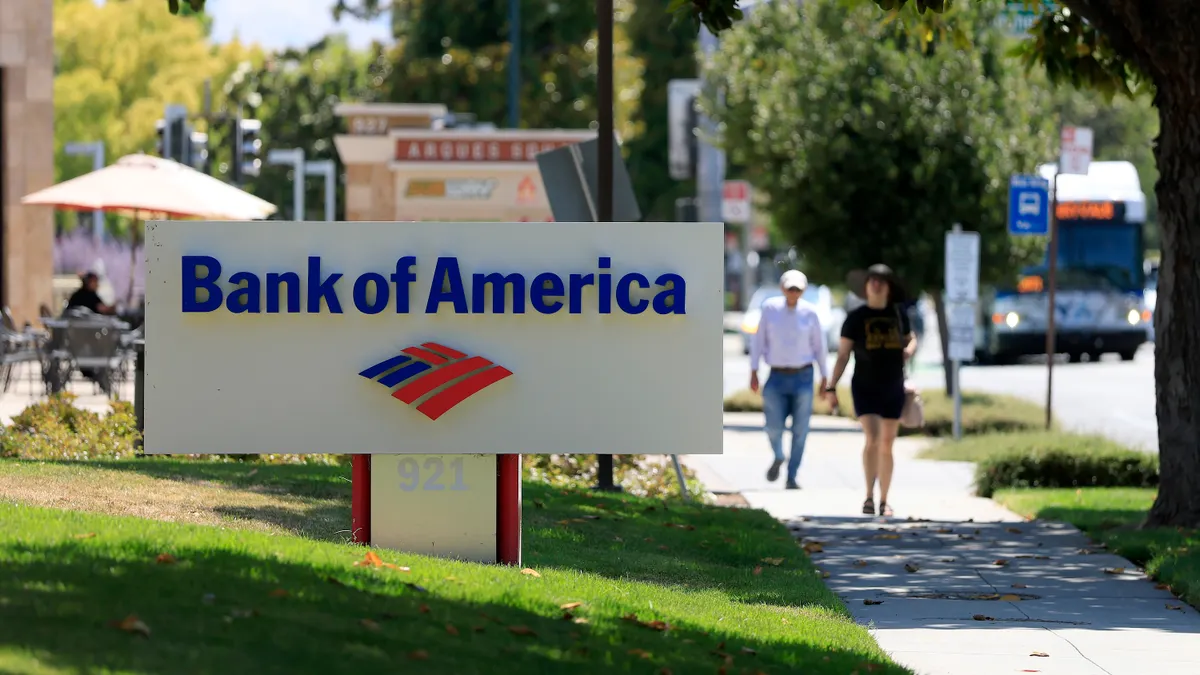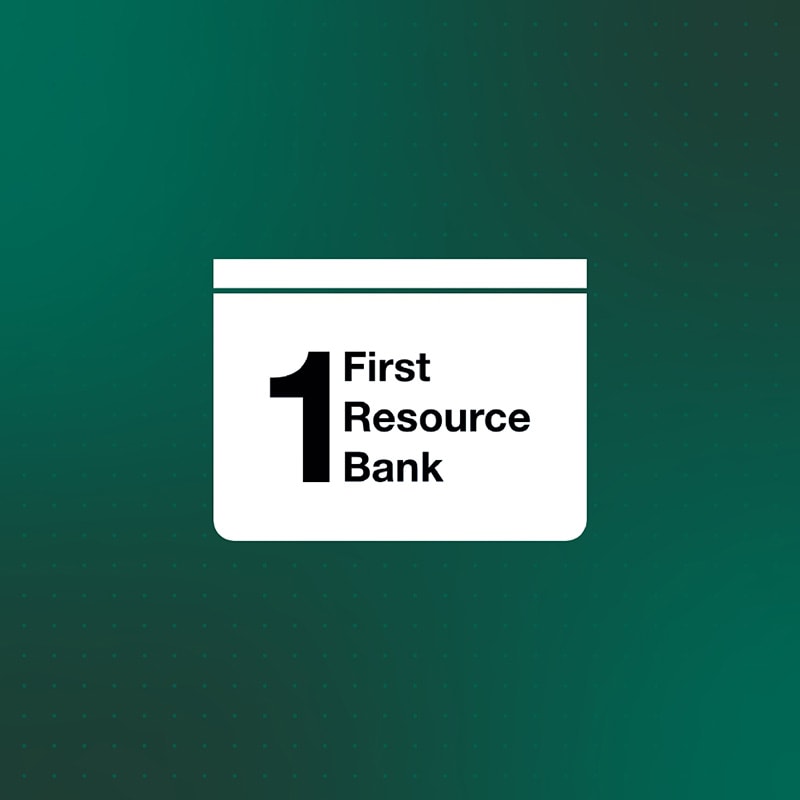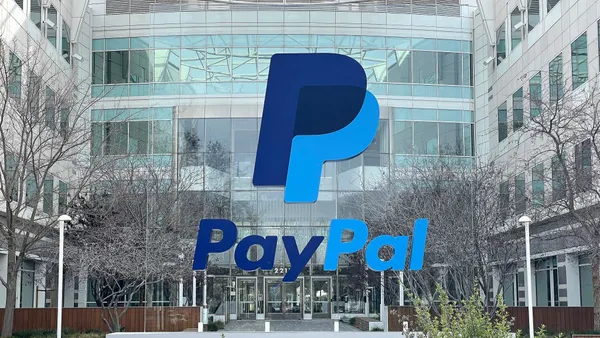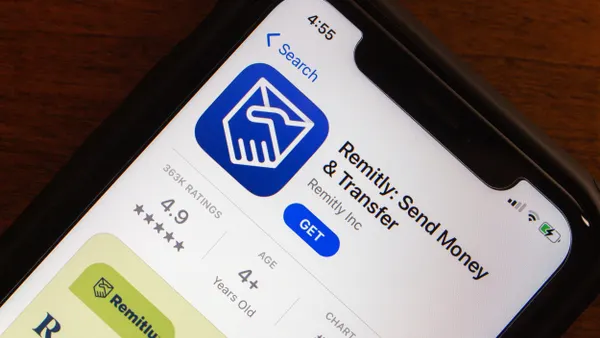As the financial sector harnesses generative AI’s capacity to speed and simplify processes, Bank of America has leaned on sustained research and technology investments to rapidly scale multiple use cases.
The firm unveiled a generative AI-powered knowledge management assistant called AskGPS for its Global Payments Solutions division last week. In-house engineers fed the model 3,200 internal documents, from product guides and term sheets to FAQs. The tool provides tailored answers to the division’s more than 40,000 business clients, according to the Sept. 30 announcement.
“Pre-generative AI, we had standard library search to find documents, not answers, and they simply didn’t have the power of generative AI,” Jarrett Bruhn, head of data and AI for GPS at Bank of America, told CIO Dive. “Deep, difficult questions would take up to an hour of searching.”
AskGPS speaks 29 languages, which is a major advantage for a globally dispersed banking unit, and is already easing the onboarding process for new hires, Bruhn added.
“This is their go-to for acronyms and product knowledge,” Bruhn said. “If you’re in a meeting and supply chain finance comes up or someone mentions a new acronym, you no longer have to spend all that time digging through everything to access the product knowledge.”
The idea for AskGPS began germinating early in the evolution of commercial-grade large language model capabilities. Engineers on the GPS team worked with the bank’s global technology team on the building process, from initial design through deployment.
Collaboration ensured that the tool would be scalable, secure and aligned with the bank’s broader AI strategy to “build adaptable tools that benefit multiple lines of business,” a Bank of America spokesperson told CIO Dive.
AI across banking
Banking provided fertile soil for data-hungry generative AI applications. Bank of America and its peers in the heavily regulated financial industry were well positioned to impose sturdy guardrails around sensitive data amid the proliferation of potential use cases.
“The banking sector is a blueprint for how AI should be rolled out in any sector,” Alexandra Mousavizadeh, co-founder and co-CEO of Evident Insights, told CIO Dive. “It’s already got all of the checks and balances and governance and risk functions you need.”
Bank of America has seen its profile rise in the industry, according to Evident’s annual banking AI index published earlier this week. The bank ranked among the Top 10 for the first time since Evident began tracking AI maturity among 50 of the largest global financial firms in 2023.
AI research has fueled Bank of America’s rise, Mousavizadeh said. The firm’s commitment to innovation has yielded 7,400 patents and pending applications, including 1,200 tied to AI and machine learning.
Development and adoption have been moving along steadily too.
The company saw uptake of its Erica for Employees virtual assistant spread to more than 90% of its 213,000 employees in April. The tool, which was introduced in 2020, has since cut the number of IT service calls by half, Bank of America said.
The employee assistant built on the success of pre-generative AI, consumer-facing chatbot Erica, which was introduced in 2018 and averaged 58 million customer interactions per month as of August. More recently, the company deployed a pair of AI knowledge management tools to its wealth division and saw 17,000 of its programmers incorporate AI coding tools into their workflows.
“Generative AI has helped us do some foundational things both with the outside world and within the bank, where we can accelerate time-to-market and make processes easier and faster,” Bank of America executive Hari Gopalkrishnan told CIO Dive in April, prior to his July appointment as chief technology and information officer.
Gopalkrishnan previously served as the bank’s head of consumer, business and wealth management technology and is now leading efforts to expand the company's AI portfolio, CEO Brian Moynihan said in a memo announcing the appointment.
The AskGPS initiative grew out of broader efforts to improve the banking experience for advisors and their clients, according to Bruhn.
“At the genesis of AskGPS … it was about really figuring out our key deliverable, which is informed advisory and deepening those client relationships,” Bruhn said.















